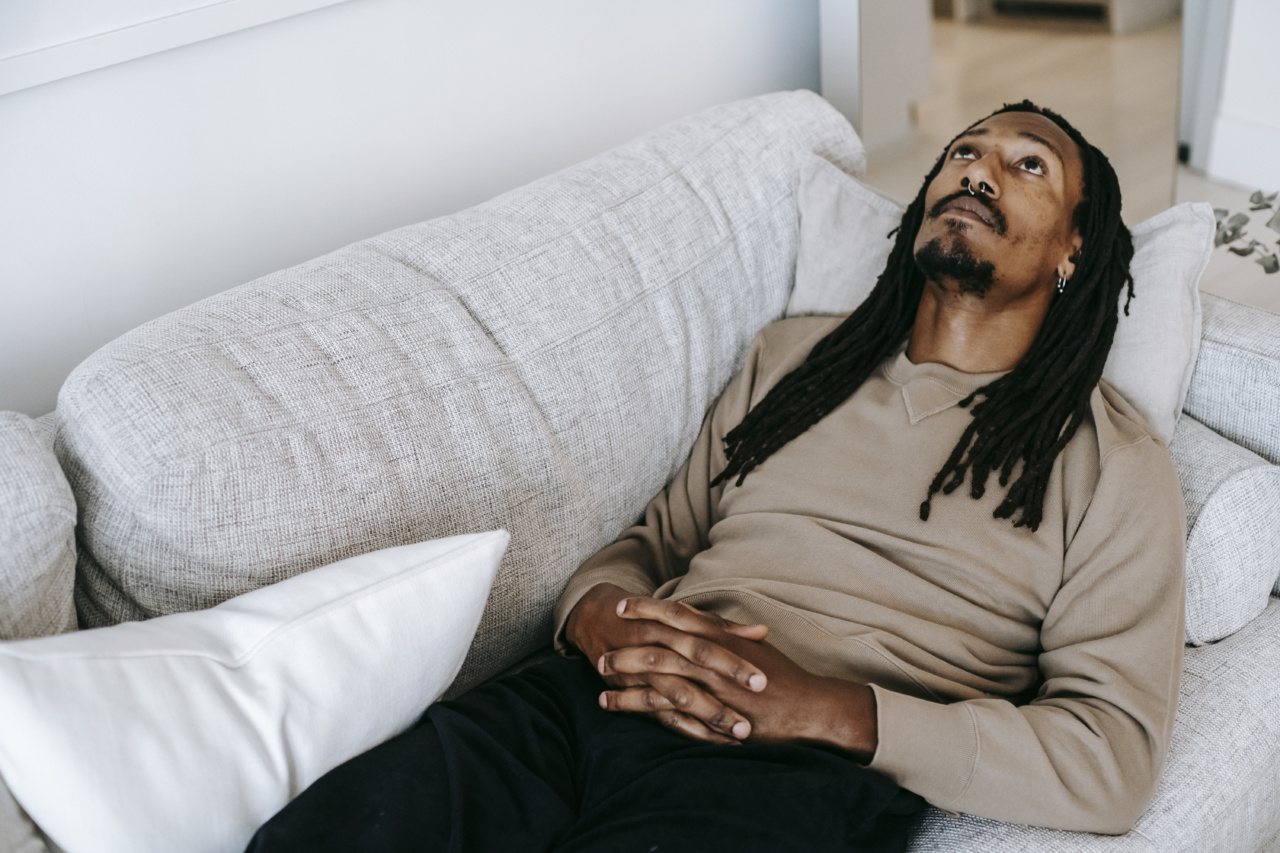Anxiety is a common mental health condition that affects millions of people worldwide. While the experience of anxiety is primarily felt in the mind, it can also manifest physical symptoms that can be distressing and overwhelming.
Understanding the connection between anxiety and the body is crucial for individuals seeking recovery. In this article, we will explore six strategies that can help manage anxiety and promote overall well-being.
1. Deep Breathing Techniques
Deep breathing exercises are a simple but effective strategy to calm the body’s stress response and reduce anxiety symptoms.
By taking slow, intentional breaths, you activate the body’s relaxation response, counteracting the physical effects of anxiety. Practice deep breathing exercises regularly, especially during moments of heightened anxiety, to restore a sense of calm.
2. Regular Exercise
Engaging in regular physical activity has been shown to have numerous benefits for mental health, including anxiety reduction. Exercise helps release endorphins, which are natural mood-boosting chemicals.
It also helps regulate stress hormones, improves sleep quality, and enhances self-confidence. Aim for at least 30 minutes of moderate exercise most days of the week to experience the anxiety-reducing effects.
3. Mindfulness and Meditation
Mindfulness and meditation practices allow you to focus your attention on the present moment, promoting a state of calmness and reducing anxiety.
These practices can be done through guided meditation, yoga, or simply by dedicating a few minutes each day to quiet reflection. Regular mindfulness and meditation can help rewire the brain to better manage anxious thoughts and physical sensations.
4. Healthy Lifestyle Habits
A healthy lifestyle can significantly impact anxiety levels. Ensure you are getting enough sleep, eating a balanced diet, and avoiding excessive caffeine, alcohol, and nicotine. Lack of sleep and poor nutrition can exacerbate anxiety symptoms.
By prioritizing self-care and establishing healthy habits, you are proactively supporting your body’s coping mechanisms and reducing anxiety triggers.
5. Social Support
Humans are inherently social beings, and seeking support from loved ones can greatly alleviate anxiety. Share your feelings with trusted friends or family members who can offer empathy, understanding, and practical advice.
Joining support groups or therapy sessions can also provide a safe space to discuss your experiences and learn coping strategies from others who have similar struggles.
6. Professional Help
If anxiety is significantly impacting your daily life and these self-help strategies do not provide relief, seeking professional help is essential.
Mental health professionals, such as therapists and psychiatrists, are trained to identify the underlying causes of anxiety and develop tailored treatment plans. They can offer interventions like cognitive-behavioral therapy (CBT), medication, or a combination of both, depending on your individual needs.
Conclusion
Anxiety not only affects the mind but also takes a toll on the body. By implementing these strategies in your daily routine, you can take proactive steps towards managing anxiety and promoting overall well-being.
Remember, recovery is possible, and seeking help is a sign of strength. You deserve a life filled with peace and happiness.































